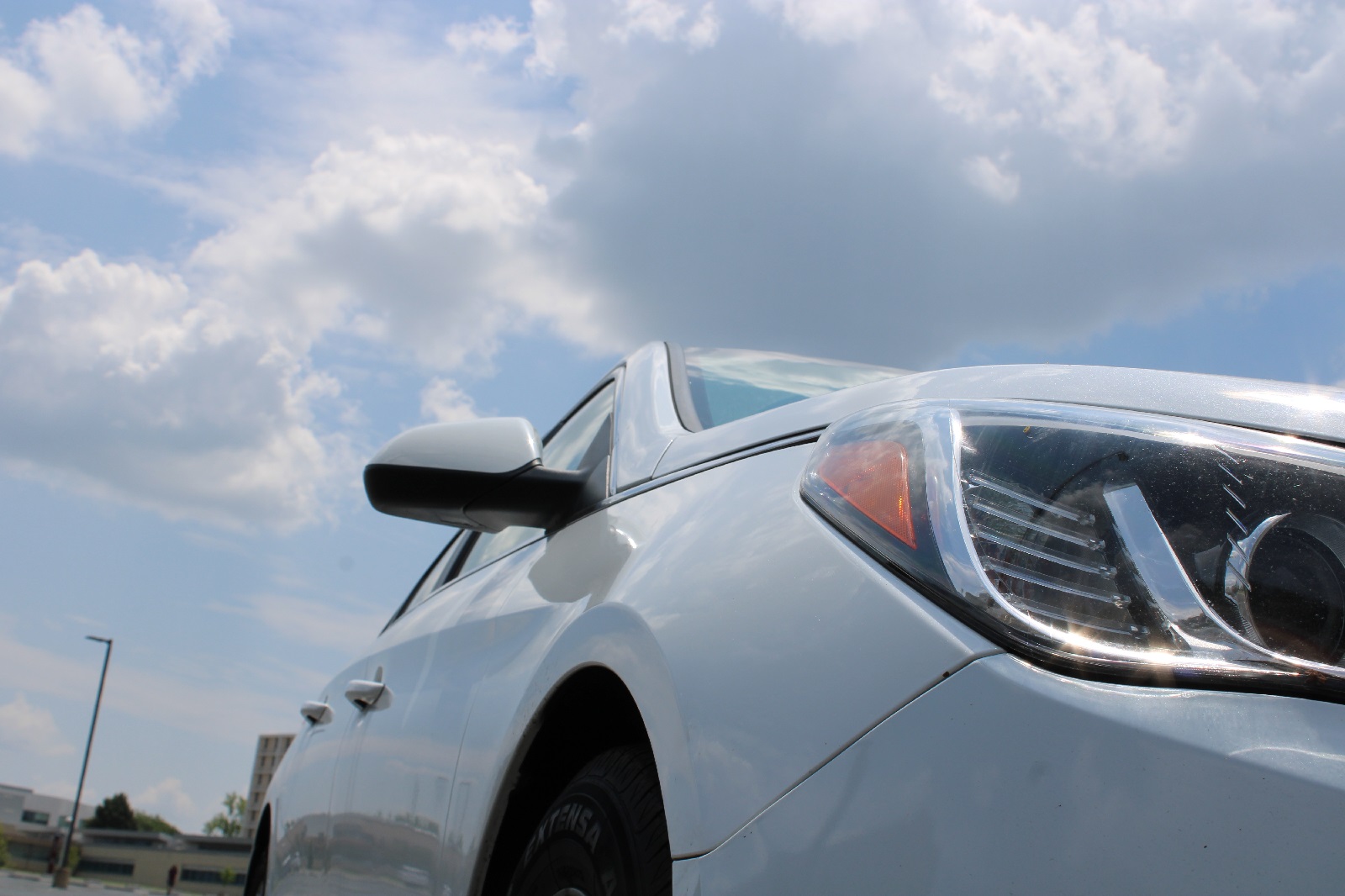As the summer time temperatures continue to rise, taking your pet with you everywhere may do more harm than good.
During the summertime, it is not an unusual occurrence to see dogs riding as passengers in their owners’ cars. However, most places don’t allow pets into their establishments and the pet will often be left behind in the car.
“I will be back in just a minute,” is a common thought.
According to McKenzie Palmer, the Marketing Coordinator for the Humane Society of Southwest Missouri, it can take as few as 10-15 minutes for your pet to have a fatal heat stroke in the car on a 70-degree day. Springfield's average daily high temperature in July, according to the National Weather Service, is 89.6 degrees.
“I would never leave your animal alone in the car during the summertime,” Palmer said, “it’s not safe.”
According to the American Veterinary Medical Association’s website, “Every year, hundreds of pets die from heat exhaustion because they are left in parked vehicles.”
“Even as low as 70 degrees,” Palmer said, “they can reach higher temperatures in the car very quickly because the inside of your car heats up faster.”
Glass traps heat, warm air
Cars heat up quickly because of something known as the greenhouse effect. The greenhouse effect is where “longer infrared wavelengths radiated by sun-warmed objects do not pass readily through the glass. The entrapment of this energy warms the interior of the vehicle.”
To simplify, the sun passes through your windows and heats up the interior of your car. The heat rises and can’t escape the vehicle, which leads to your car getting hotter and hotter.
This is very dangerous for any animal in the car. Just like the heat, they have nowhere to go.
A minute is never “just a minute.”
“It is not worth your animal’s life,” Palmer said.
Police advise against breaking glass

If you walk past a car during the summer and see an animal inside, Palmer gives some advice.
“Check the surrounding area and see if the owner appears to be nearby,” Palmer said. “If they are parked outside of a store, maybe run into the store real quick and alert someone at the front, a staff member, and see if there is anyone inside that would be the owner. If you cannot find the owner, that is when I would call the police or animal control.”
Cris Swaters, the Public Affairs Officer for the Springfield Police Department, explained what happens when police officers get involved with reports of an animal in a hot car.
“When a 911 call is received regarding an animal in a locked vehicle,” Swaters said, “the call is first dispatched to animal control and if they are unavailable, an officer will respond. The call is dispatched with the current outside temperature as well as the heat index included in the information for the responding agency. The responding agency will attempt to locate the animal’s owner. If we can’t find the owner, we will request a car unlock service to respond to unlock the vehicle. Officers will not damage a vehicle window on calls of this nature.”
Both Swaters and Palmer advise against breaking a window to get an animal out of a vehicle.
“It can become a very bad situation very quickly,” Palmer said, “I would not try to break a window or anything or try to get into the car to save the animal, I would let the police handle that.”
Breaking the window — even with the intention of saving the animal — can cause more trouble.
“A witness who breaks a vehicle window to free an animal could be cited for property damage,” Swaters said. “We recommend anyone who sees an animal in a car to call 911. If the vehicle is in front of a store or business, go in and ask an employee to make an announcement for the vehicle owner to come outside.”


